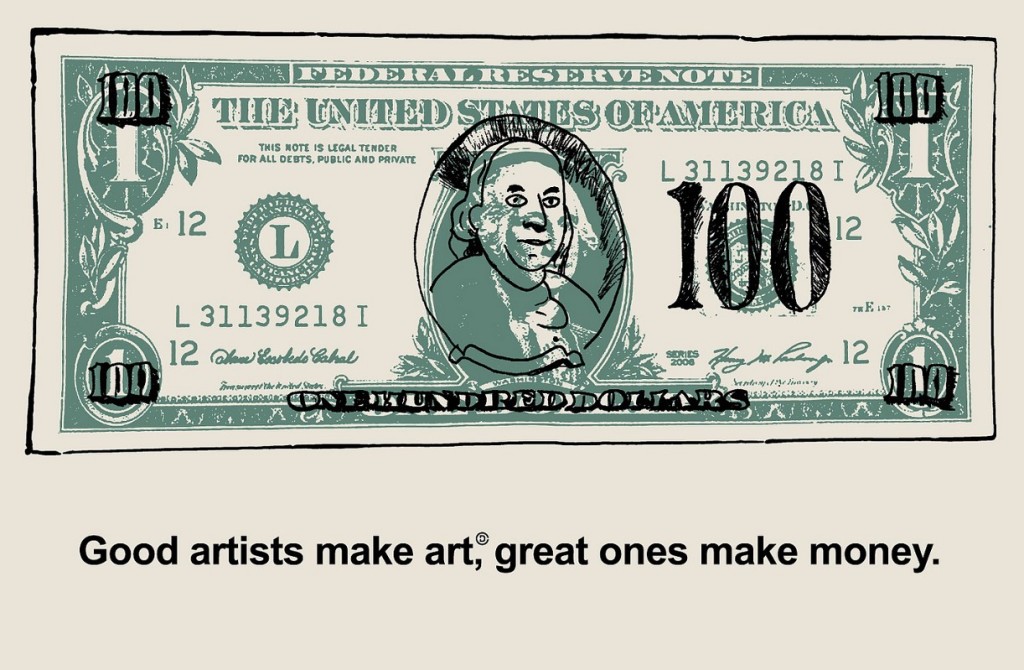My economic politics are conflicted. On the one hand, I believe in relying on hard work and individual competency to get ahead. On the other hand, I realize that people are not created equal in any sense of the word. We can venerate the Declaration of Independence as much as we want, but ideals are ideals, not reality.
“Welcome to the Brave New World, one featuring even fewer haves and more have-nots than the current one.”
As someone who has suffered from debilitating depression, I know that hard work is not available to everyone. As for individual competency, that’s mostly luck. I happened to be born to wealthy white Ivy-educated parents, both very smart people. It sounds like bragging but I’m trying to be matter-of-fact. I’m intelligent and I do good work, because of cumulative circumstances beyond my control.

Anyway, this is related to something I posted on Medium: “Ew, Who Wants Meritocracy?” (The piece ended up there because I was in the process of revamping this website, so it was down.)

